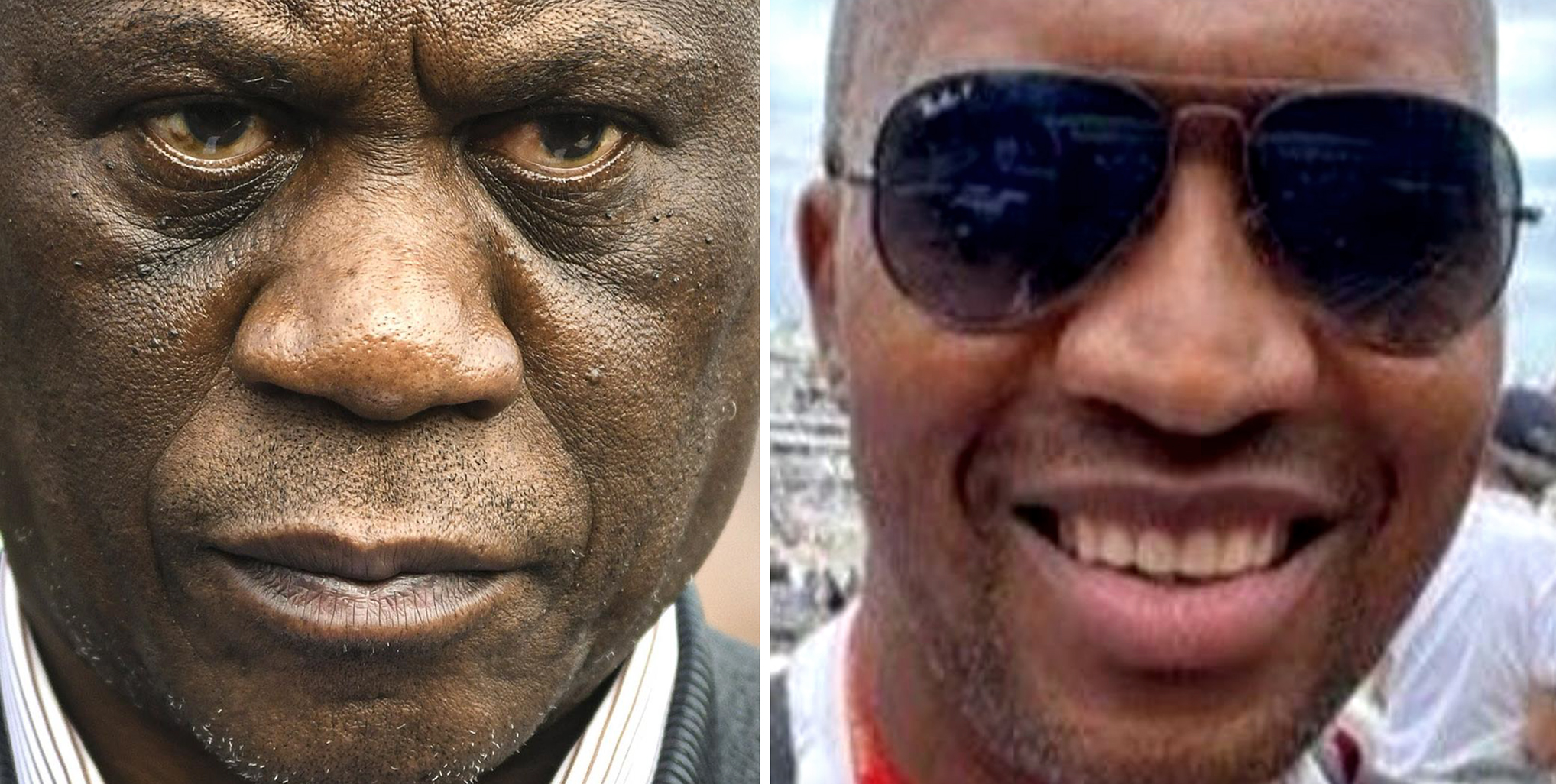The outcome of an investigation into loans issued by the Gauteng Partnership Fund (GPF) to a company owned by Nceba Nonkwelo, Deputy President Paul Mashatile’s son-in-law, was released on Monday.
A report on the investigation, conducted by law firm GMI Attorneys, found that three loans were advanced to Nonkwelo’s company, Nonkwelo Investments (Pty) Ltd, between 2012 and 2017/2018. An amount of R7,246,126 was paid out to the company. However, the investigators made no findings of wrongdoing on the part of Mashatile.
The report did highlight governance shortcomings at the GPF over the period in question, finding that certain decisions made by the entity were seemingly “arbitrary”, “reckless” and “not in the best interest of the GPF”.
Speaking at a media briefing on Monday, Gauteng MEC for Human Settlements and Infrastructure Development Lebogang Maile said: “We have taken full cognisance of the findings in the investigation report, including the financial and legal implications, as well as the institutional integrity of the GPF as an important entity of the Gauteng Department of Human Settlements.
“As the executive authority exercising oversight over the affairs of [the] GPF, we are now in a better position to put necessary measures in place.”
The GPF is an agency under the Gauteng Department of Human Settlements that combines resources from the private and public sectors to speed up the development of affordable rental housing near amenities and economic opportunities.
Maile ordered the probe into loans provided to Nonkwelo Investments in July 2023, following a series of media reports by News24 claiming the company had received loans totalling about R30-million between 2013 and 2017 for the construction of student accommodation in Highlands, Johannesburg, that was never completed.
It was also reported that Mashatile was living in a R37-million house owned by his son, Thabiso Mashatile, and Nonkwelo.
Read more in Daily Maverick: Out of the shadows, Mashatile now has to fight the harsh glare of the national spotlight
Bad business
The report found that Nonkwelo Investments participated in the GPF’s Entrepreneur Empowerment Property Fund Programme (EEPF programme) aimed at “encouraging historically disadvantaged individual-owned companies to participate in the affordable housing rental market”.
“Due to outstanding material evidentiary documents which we have been informed by GPF it cannot locate … we are unable, at this stage, to make conclusive findings [as to] whether all applicable policies, procedures and other laws and regulations were followed in approving Nonkwelo Investments as a participant to the EEPF programme,” stated the report.
The GPF worked with a co-funder, the National Housing Finance Corporation (NHFC), to finance several EEPF projects, including that of Nonkwelo Investments. NHFC provided the larger share of the funding as the “senior funder”.
Nonkwelo Investments took ownership of a property with the stated intention of developing it for affordable housing. By 2016, it had become clear that the project was no longer within budget due to cost overruns.
The report stated that there may have been negligence on the part of the company and the GPF, in that “a proper site investigation and due diligence may not have been conducted prior to the approval of … funding”.
Later in 2016, the NHFC withdrew its funding for various projects, including the Nonkwelo Investments development. As a result, it was decided that the GPF would provide 100% of the funding for the project.
“Whilst we are mindful that the [GPF’s investment committee] was duly authorised in terms of the 2016 [Delegations of Authority] to approve funding from R5-million to R20-million … it was evident that the [Nonkwelo Investment] project was not viable,” stated the report.
“[E]xpending further funds and/or approving a senior funding loan to Nonkwelo Investments … was not in the best interest of the GPF. Whilst this does not form part of our scope or mandate, it is unknown to us why such a ‘jump’ was allowed. Unless there is a reason for this, it would have … been an arbitrary and possibly a reckless decision.”
In 2019, the GPF approved a proposal for the Nonkwelo Investments project to shift from an affordable housing development to a student accommodation development, reportedly to make it more financially viable and attract more funding. GMI Attorneys found that there was “no legal basis” for the approval of this change.
Settlement agreement
The report confirmed that a settlement agreement was reached between the GPF and Nonkwelo after it became clear that his company was in breach of various loan agreements.
The agreement, signed by Nonkwelo in 2021, stated that his company’s property would be sold and the proceeds from the sale would be used to settle the loan repayments owed to GPF.
A property valuation report conducted by GMI Attorneys suggested that the property had an estimated value of between about R1.5-million and R2.4-million.
“With the documents provided to us, we are of the considered view that the GPF may not have utilised all of the remedies available to it in terms of the loan agreements in order to recover the monies owed by Nonkwelo Investments,” stated the law firm’s report.
While Maile acknowledged that the findings suggested “governance pitfalls” at the GPF, he added that the Gauteng Department of Human Settlements did not view the report’s recommendations as conclusive.
“Accordingly, we have asked the [GPF] board to institute a process of reviewing and finalising them, with the intention of strengthening the areas of weakness,” he said.
In an interview with SABC, he emphasised that the investigators had decided who to interview for the report, without interference from the Gauteng Department of Human Settlements.
“[The investigators] decided who to interview, so it was not our decision. For instance, they did not interview the deputy president [Mashatile], because I think in the course of the investigation it became clear that he’s not implicated. So, they made a determination on their own without any influence on our part on who to investigate,” he said. DM





